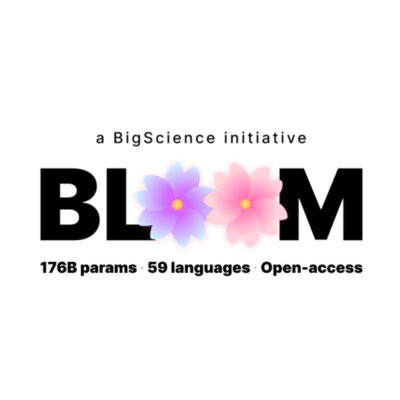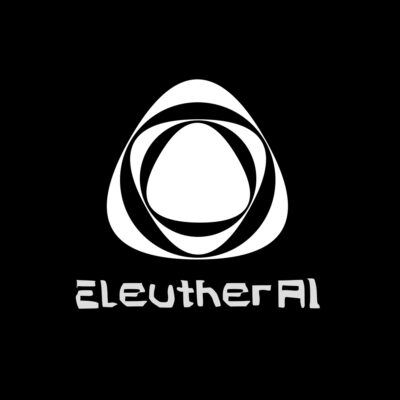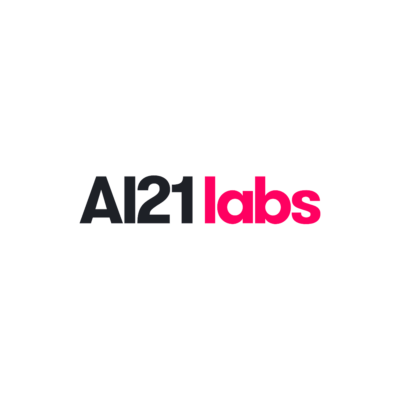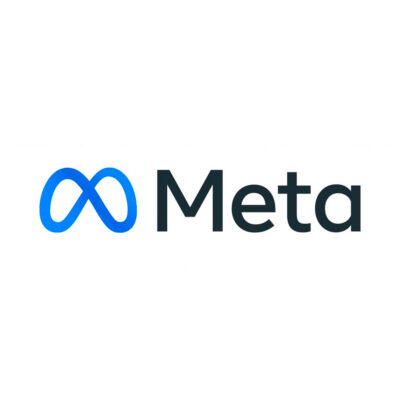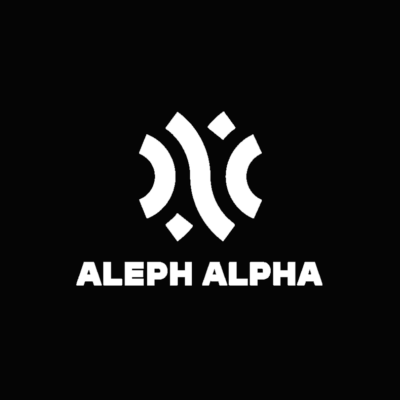Compare Models
-
Microsoft
Azure OpenAI Service
OTHERMicrosoft’s Azure OpenAI Service allows you to take advantage of large-scale, generative AI models with deep understandings of language and code to enable new reasoning and comprehension capabilities for building cutting-edge applications. Apply these coding and language models to a variety of use cases, such as writing assistance, code generation, and reasoning over data. Detect and mitigate harmful use with built-in responsible AI and access enterprise-grade Azure security. GPT-4 is available in preview in the Azure OpenAI Service and the billing for GPT-4 8K and 32K instances per 1/K tokens and can be found under those models on the tokes compare site. To note, Microsoft’s Azure OpenAI Service customers can access GPT-3.5, ChatGPT, and DALL·E too. -
Microsoft
Bing Search APIs
OTHERMicrosoft’s Bing AI search engine is powered by GPT-4. Microsoft claims the new model is faster and more accurate than ever. Bing Search APIs provide a variety of APIs with trained models for your use. The Bing Search APIs add intelligent search to your app, combining hundreds of billions of webpages, images, videos, and news to provide relevant results without ads. The results can be automatically customized to your user’s locations or markets, increasing relevancy by staying local. There are various prices for Bing Search APIs which are dependent on the feature. For customers who are interested in more flexible terms related to presenting Bing API results with their models check out the website for prices per 1,000 transactions. -
BigScience
BLOOM
FREEBigScience Large Open-science Open-access Multilingual Language Model (BLOOM) is a transformer-based LLM. Over 1,000 AI researchers created it to provide a free large language model for everyone who wants to try and it is a multilingual LLM. BLOOM is an autoregressive Large Language Model (LLM), trained to continue text from a prompt on vast amounts of text data using industrial-scale computational resources. It can output coherent text in 46 languages and 13 programming languages. It is free, and everybody who wants to can try it out. To interact with the API, you’ll need to request a token. This is done with a post request to the server. Tokens are only valid for two weeks. After which, a new one must be generated. Trained on around 176B parameters, it is considered an alternative to OpenAI models. There is a downloadable model, and a hosted API is available. -
EleutherAI
GPT-J
FREEEleutherAI is a leading non-profit research institute focused on large-scale artificial intelligence research. EleutherAI has trained and released several LLMs and the codebases used to train them. GPT-J can be used for code generation, making a chat bot, story writing, language translation and searching. GPT-J learns an inner representation of the English language that can be used to extract features useful for downstream tasks. The model is best at what it was pretrained for, which is generating text from a prompt. EleutherAI has a web page where you can test to see how the GPT-J works, or you can run GPT-J on google colab, or use the Hugging Face Transformers library. -
EleutherAI
GPT-NeoX-20B
FREEEleutherAI has trained and released several LLMs and the codebases used to train them. EleutherAI is a leading non-profit research institute focused on large-scale artificial intelligence research. GPT-NeoX-20B is a 20 billion parameter autoregressive language model trained on the Pile using the GPT-NeoX library. Its architecture intentionally resembles that of GPT-3, and is almost identical to that of GPT-J- 6B. Its training dataset contains a multitude of English-language texts, reflecting the general-purpose nature of this model. It is a transformer-based language model and is English-language only, and thus cannot be used for translation or generating text in other languages. It is freely and openly available to the public through a permissive license. -
AI21 Labs
Jurassic-2 Grande (Base & Instruct)
$0.01J2-Grande offers enhanced text generation capabilities, making it well-suited to language tasks with a greater degree of complexity. Its fine-tuning options allow for optimization of quality, while maintaining an affordable price and high efficiency (see site for more details). It is an ideal choice for complex language processing tasks and generative text applications. All of J2 models support several non-English languages, including: Spanish, French, German, Portuguese, Italian and Dutch. All Jurassic foundation models are trained on a massive corpus of text, making them a powerful basis for a wide range of natural language processing applications, capable of understanding and composing human-like text. Models are available through an API and you can start with a free trial and then pay based on usage. -
AI21 Labs
Jurassic-2 Jumbo (Base & Instruct)
$0.015As the largest and most powerful model in the Jurassic series, J2-Jumbo is an ideal choice for the most complex language processing tasks and generative text applications. Further, the model can be fine-tuned for optimum performance in any custom application. Jurassic-2 not only improves upon Jurassic-1 (AI21 Studio previous generation models) in every aspect, making it highly versatile in general purpose text-generators, and capable of composing human-like text and solving complex tasks such as question answering and text classification. All of the J2 models support several non-English languages, including: Spanish, French, German, Portuguese, Italian and Dutch. All Jurassic foundation models are trained on a massive corpus of text, making them a powerful basis for a wide range of natural language processing applications, capable of understanding and composing human-like text. Models are available through an API and you can start with a free trial and then pay based on usage. -
AI21 Labs
Jurassic-2 Large (Base & Instruct)
$0.003Designed for fast responses, the Jurassic-2 Large model can be fine-tuned to optimize performance for relatively simple tasks, making it an ideal choice for language processing tasks that require maximum affordability and less processing power. All of the J2 models support several non-English languages, including: Spanish, French, German, Portuguese, Italian and Dutch. All Jurassic foundation models are trained on a massive corpus of text, making them a powerful basis for a wide range of natural language processing applications, capable of understanding and composing human-like text. Models are available through an API and you can start with a free trial and then pay based on usage.
-
Aleph Alpha
Luminous-base
$0.0055Aleph Alpha have the Luminous large language model. Luminous models vary in size, price and parameters. Luminous-base speaks and writes 5 languages: English, French, German, Italian and Spanish and the model can perform information extraction, language simplification and has multi-capable image description capability. Aleph Alpha is targeting “critical enterprises” — organizations like law firms, healthcare providers and banks, which rely heavily on trustable, accurate information. You can try Aleph Alpha models for free. Go to the Jumpstart page on their site and click through the examples on Classification and Labelling, Generation, Information Extraction, Translation & Conversion and Multimodal. Aleph Alpha are based in Europe, allowing customers with sensitive data to process their information in compliance with European regulations for data protection and security on a sovereign, European computing infrastructure. -
Aleph Alpha
Luminous-extended
$0.0082Aleph Alpha luminous-extended is the second largest model which is faster and cheaper than Luminous-supreme. the model can perform information extraction, language simplification and has multi-capable image description capability. You can try Aleph Alpha models with predefined examples for free. Go to at the Jumpstart page on their site and click through the examples on Classification and Labelling, Generation, Information Extraction, Translation and Conversion and Multimodal. Aleph Alpha are based in Europe, which allows customers with sensitive data to process their information in compliance with European regulations for data protection and security on a sovereign, European computing infrastructure.
1
2


